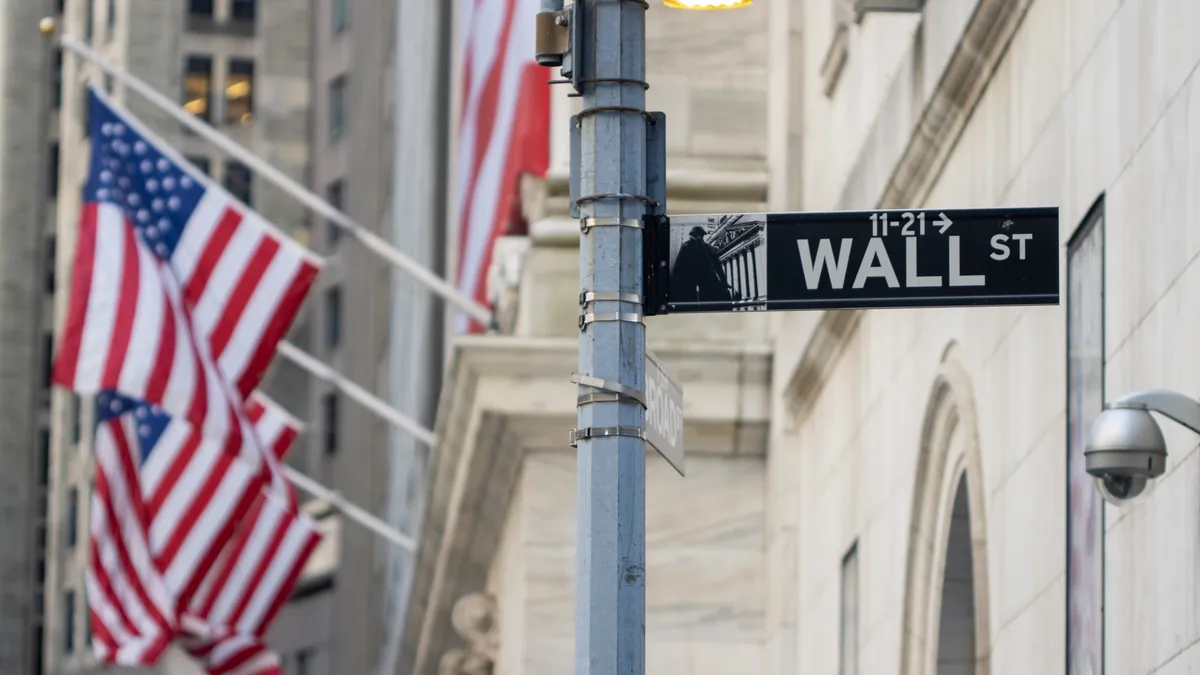Dive Brief:
- Institutional investors rank securing talent — including hiring, retention, pay and training — as the top corporate priority for 2024, with 63% identifying it as the most pressing challenge, EY said in a report timed to the start of this year’s proxy season.
- Climate change and environmental stewardship rank second, flagged by 56% of investors, with supply chain and capital allocation both rated a distant third, identified by 31% of respondents, EY said in its Proxy Season Preview.
- A few investors “cited the recent strikes and collective bargaining efforts in various industries and suggested they are a signal that the paradigm of maximizing profits at the expense of worker satisfaction is being significantly challenged,” EY’s Jamie Smith said in the report. Efforts by labor activists “underscore the importance of company leaders being in touch with employee sentiment.”
Dive Insight:
Corporate directors and institutional investors differ when identifying the priorities for 2024, with directors focusing most on the economy, capital allocation and cybersecurity/data privacy, according to Smith, director for EY’s Americas Center for Board Matters, Investor Outreach and Corporate Governance.
The directors ranked the issues of “talent agenda” and climate change/environmental stewardship fifth and last, respectively, EY found.
“Directors may be thinking about the board’s time allocation versus actual business activities, or prioritizing shorter-term areas,” Smith said. “Or they may think the company is progressing on its climate impact goals and therefore less board focus is needed now.”
Despite a backlash against efforts to promote environmental, social and governance best practices, most institutional investors continue to want companies to focus on combating climate change and reducing ecological harm, Smith said.
“While this may come as a surprise to some who assume deceleration in investor interest in this issue amid a volatile economic environment, investor representatives we spoke with were clear that they continue to see alignment to longer-term growth for climate-impacted companies,” she said.
EY surveyed institutional investors representing $50 trillion in assets under management, including asset managers, public funds, socially responsible investment managers, labor funds, faith-based investors and investor consultants.
“Nearly half of these investors said they are most focused on how companies are innovating and adapting their business for a clean energy transition,” Smith said. “They want to understand the capital expenditures behind those efforts and how companies are developing new products, services or business models that will help the company thrive in a low-carbon economy.”
Investors also voiced a greater willingness to vote against directors than in previous years, EY said.
One out of three investors said they are more likely to vote against a specific director than for a related shareholder proposal, EY said.
“These investors characterized director votes as more effective signals of concern when paired with direct communication to the company explaining the intention behind the vote,” Smith said. “They indicated that voting in opposition of a specific director also conveys the seriousness with which they are approaching the issue.”















